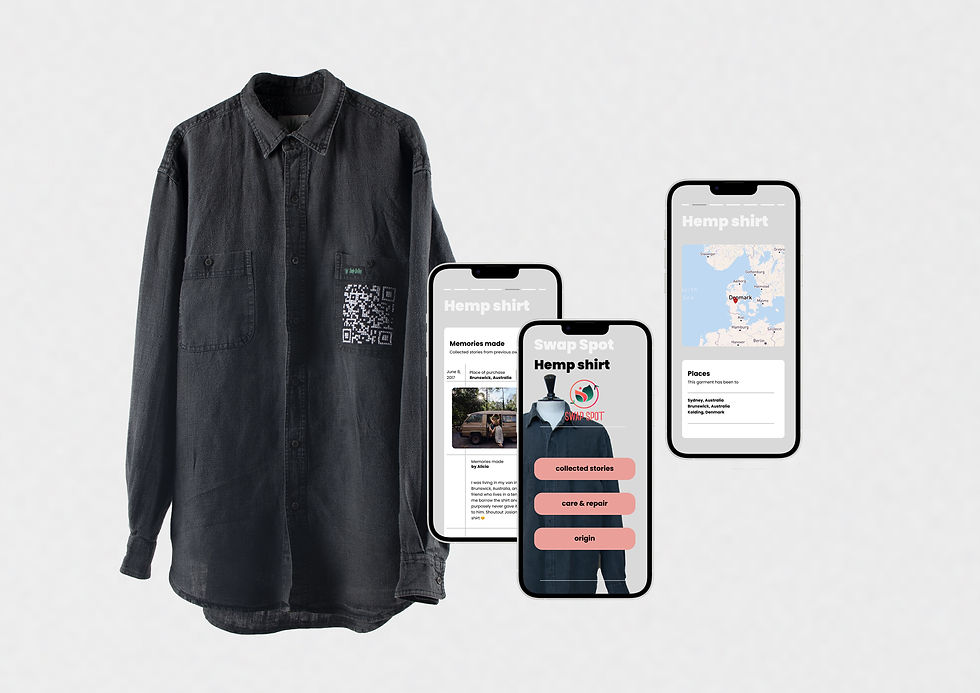What Are We Actually Liking When We Like Labubu? — Identity Anxiety and Symbolic Consumption
- thecriticalpulse
- 9. okt. 2025
- 3 min læsning
by Yani Xu

The rise of Labubu is not only a fashion phenomenon but also a mirror of consumer psychology and cultural dynamics. According to Pop Mart’s semi-annual report (2025), the company achieved revenue of 13.88 billion RMB in the first half of the year, a 204.4% increase compared to the previous year. The Labubu series alone accounted for 34.7% of total sales. This raises a central question: when people say “I like Labubu,” are they truly appreciating its design, or are they attracted to the symbolic meaning behind it?
Celebrities and Luxury Branding: Amplifiers of Symbolic Capital
Pierre Bourdieu (1984) argued that consumption is a way of drawing social boundaries, while Thorsten Veblen (1899) described conspicuous consumption as a competition for status. These ideas can be clearly seen in the case of Labubu. When K-pop star Lisa showcased Labubu on Instagram, her fans rushed to buy it. Media reports of the Thai princess’s collection led to prices doubling in resale markets. The Dior x Labubu collaboration sold out globally on its launch day. On TikTok, unboxing videos of Labubu have accumulated over 200 million views. Together, these examples show how celebrity and luxury branding turned Labubu from a simple toy into a social symbol, strengthening its role as symbolic capital.
Consumer Psychology: Comparison and Anxiety
The popularity of Labubu also reflects consumer psychology, particularly social comparison and identity anxiety. According to social comparison theory, people evaluate themselves by comparing with others, and the blind box mechanism intensifies this process. FOMO (Fear of Missing Out) makes consumers anxious about losing social belonging. Surveys show that the main motivations for buying blind boxes are “fear of missing out” and “social comparison” (see Figure 2 below). On resale platforms, the most popular Labubu figures are often priced three to five times higher than their original retail price. This indicates that many consumers are not only interested in the product itself but also in the recognition and identity that come with owning it.

Cultural and Aesthetic Consequences
This identity-driven form of consumption has consequences for culture and design. The fast pace of blind box iterations reduces novelty and results in “repetition in form” (Gong,2024). Industry data show that between 2024 and 2025, Pop Mart launched more than 500 series, but fewer than 5% achieved lasting influence. Over-reliance on celebrity power and symbolic marketing reduces consumers’ sensitivity to aesthetic diversity and limits innovation in the cultural industry.
The popularity of Labubu is the result of both identity anxiety and symbolic consumption. Consumers are not simply drawn to its aesthetic qualities, but use it as a way to maintain or improve their symbolic status within social groups. Celebrity endorsement, luxury collaborations, and the rapid spread of social media have amplified this effect. To create a healthier consumer culture, it is important to balance market success with cultural diversity and to encourage products that emphasize creativity and aesthetic value.
Bibliography:
Bourdieu, P. (1984). Distinction: A social critique of the judgement of taste. Harvard University Press.
Veblen, T. (1899). The theory of the leisure class. Macmillan.
Pop Mart. (2025, August 19). 2025 semi-annual financial report. Pop Mart Official. https://www.popmart.com
Liu, J. (2022). Investigation and research on consumer psychology of blind box consumers: Taking “POP MART” consumers as an example. Frontiers in Business, Economics and Management, 6(1), 138–141. https://doi.org/10.54097/fbem.v6i1.2301
Gong, X., Yee Choy, L., Shin Yiing, L., Abu Naser Mohammad Saif, M., Liu, M., & Anonthi, F. (2024). Unveiling the enigma of blind box impulse buying curiosity: The moderating role of price consciousness. Heliyon, 24, e40564. https://doi.org/10.1016/j.heliyon.2024.e40564
Questionnaire survey:
English:
BIO:
Yani Xu is pursuing her MA in Fashion Management at AMD – Akademie Mode & Design in Düsseldorf, focusing on brand strategy, consumer psychology, and fashion marketing. She previously created a portfolio in protective and functional fashion design and has professional experience in the fashion industry, including serving as on-site execution director during Fashion Week and leading post-event promotion. She has always maintained a strong interest in internet campaign planning and brand strategy.




Kommentarer